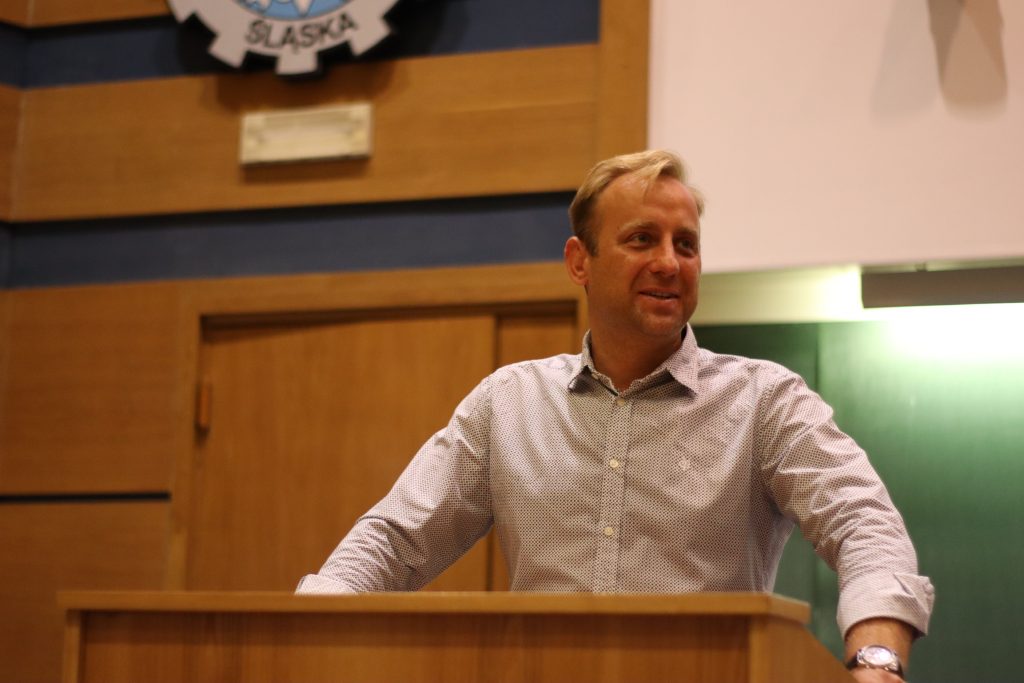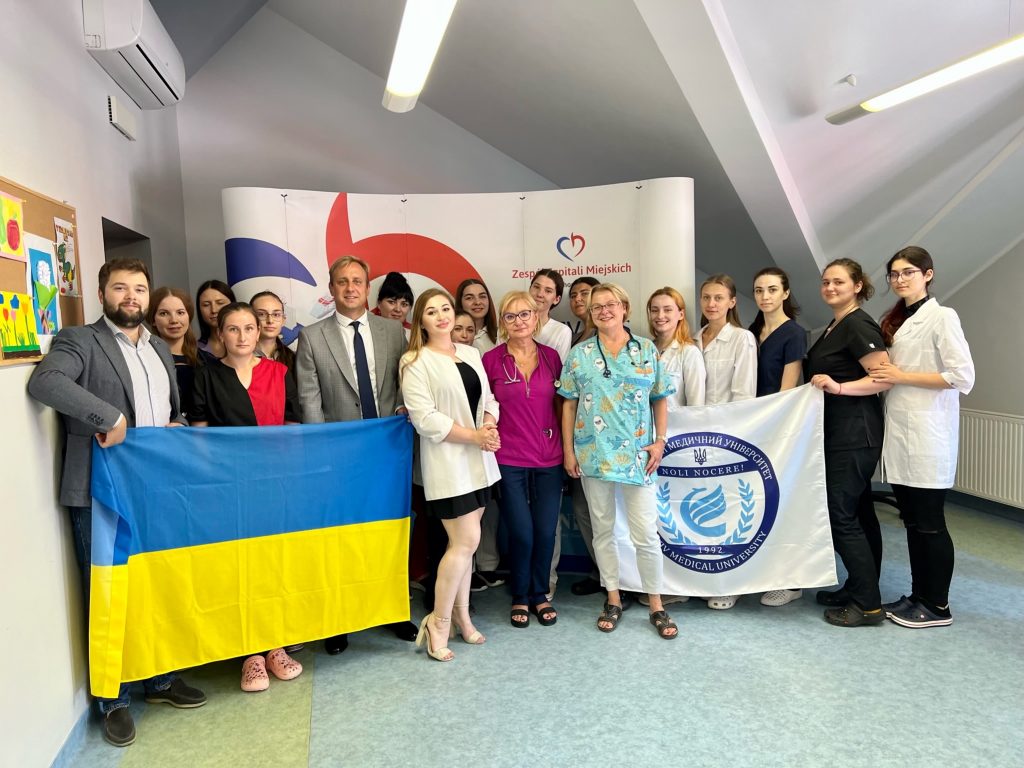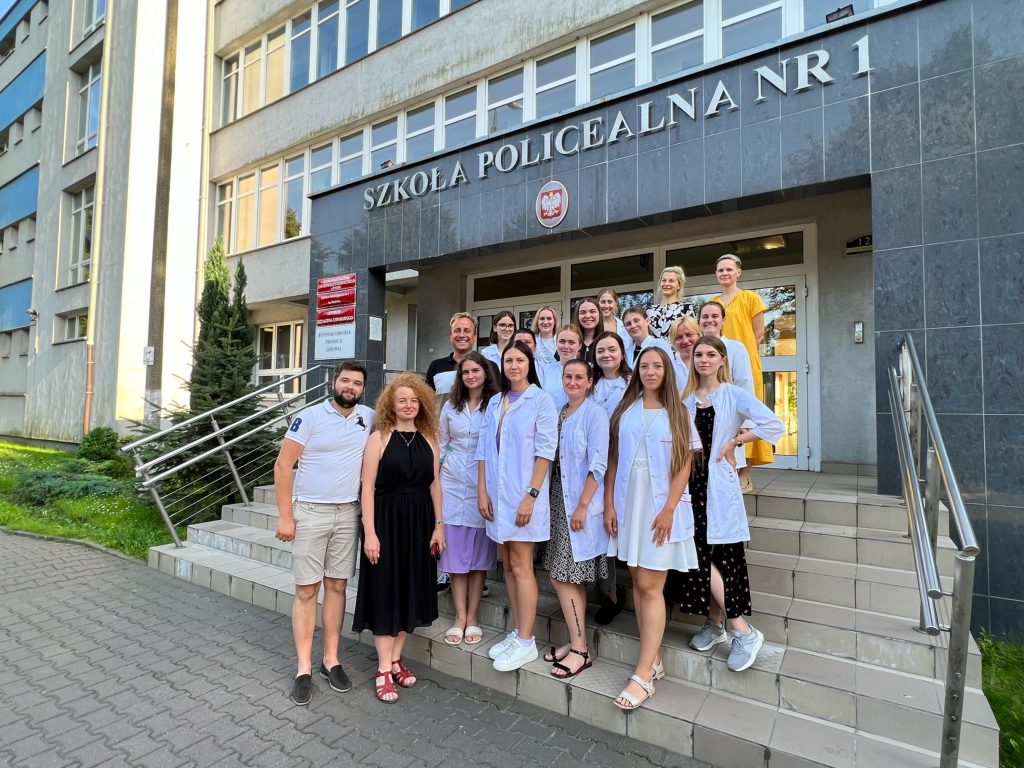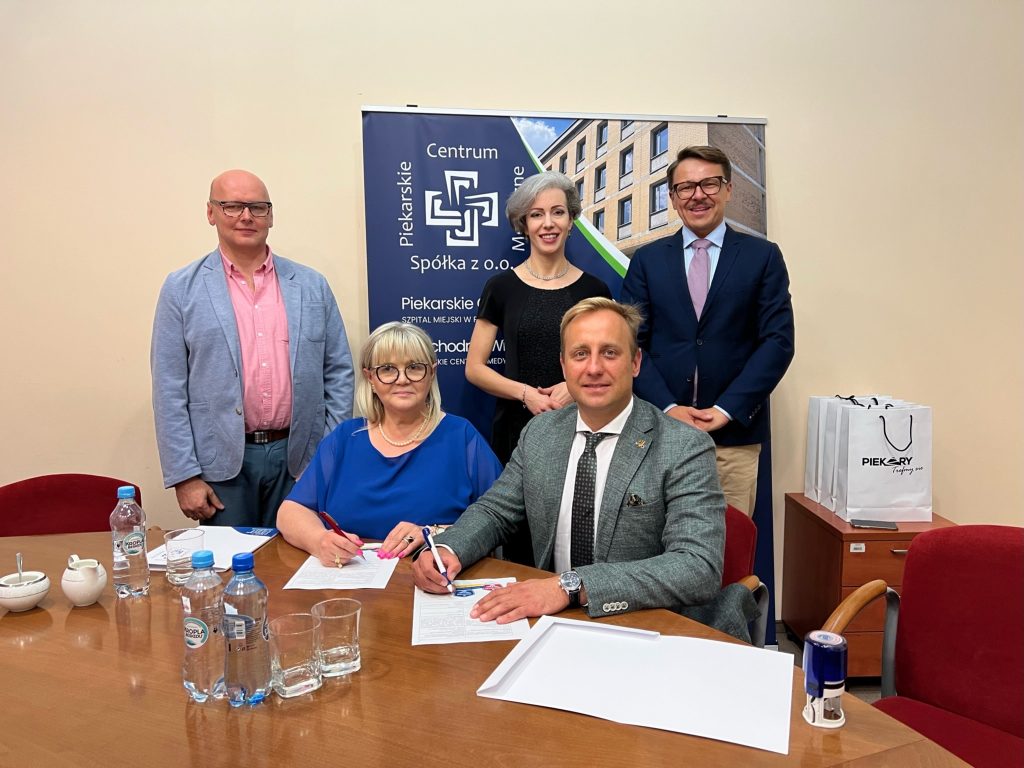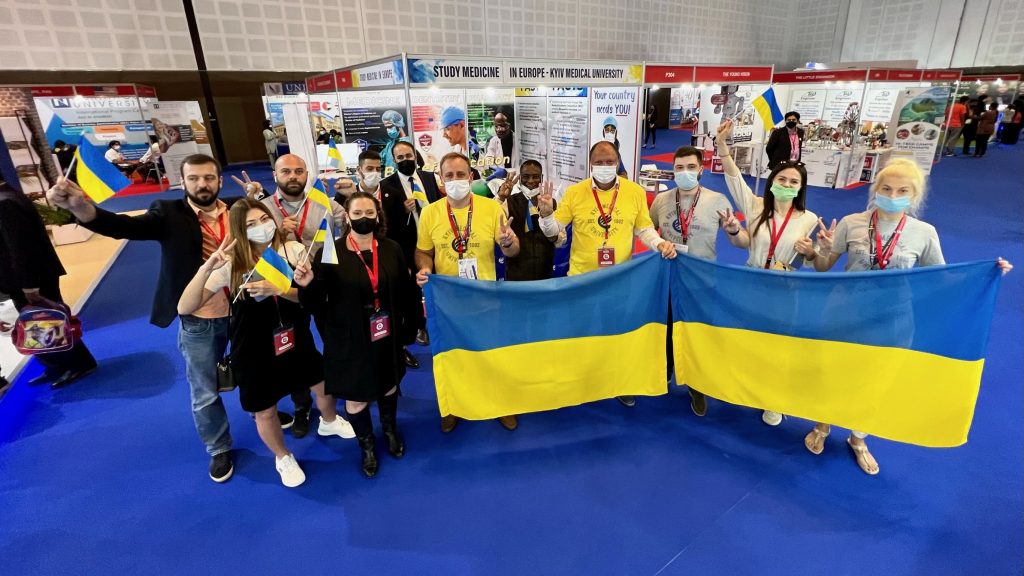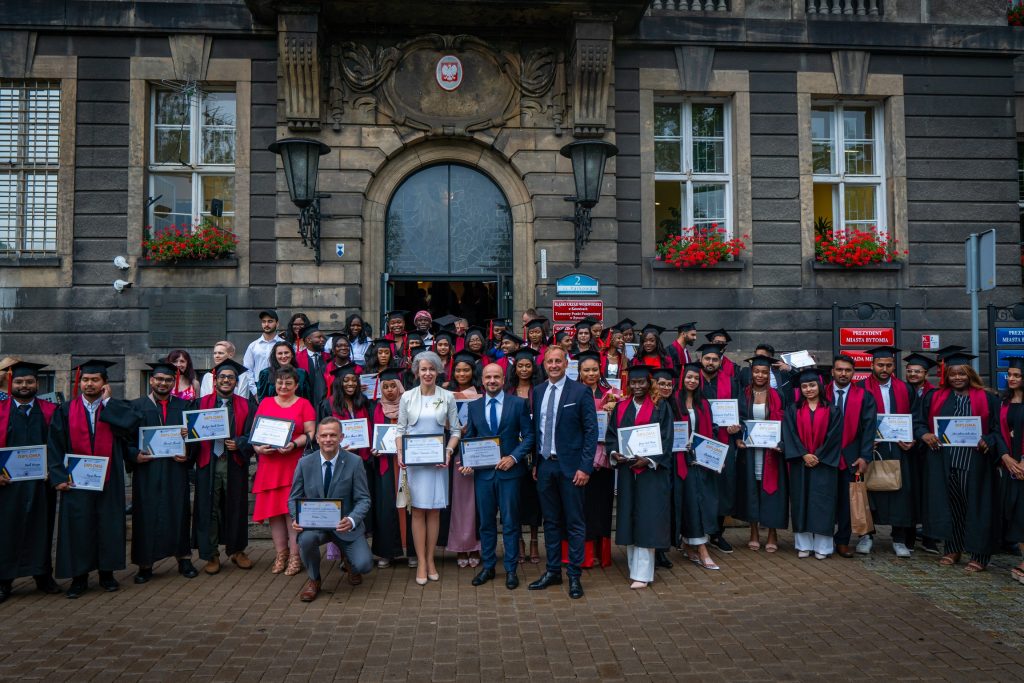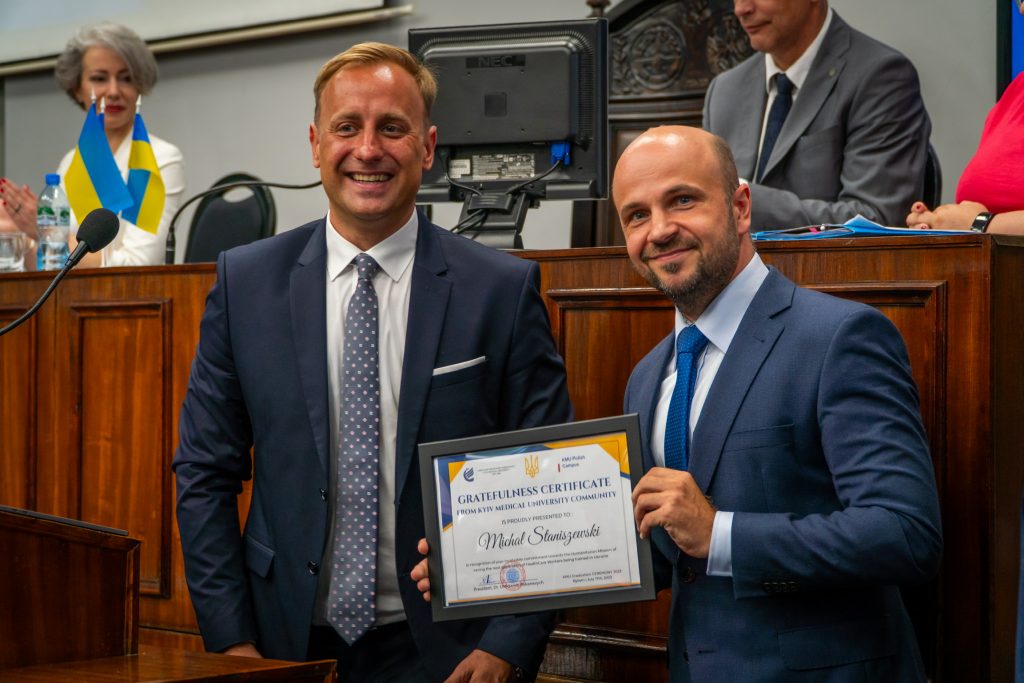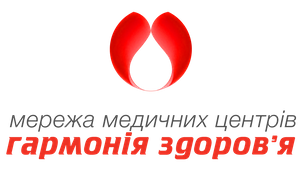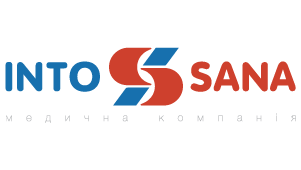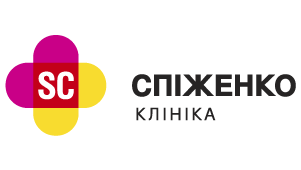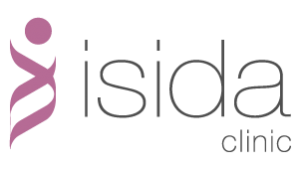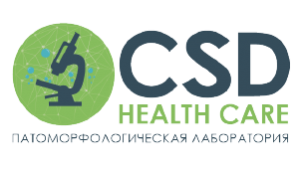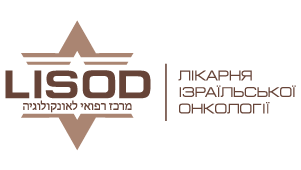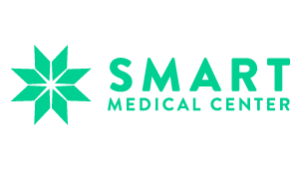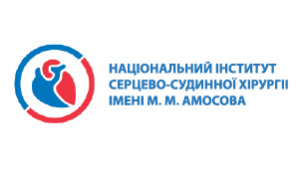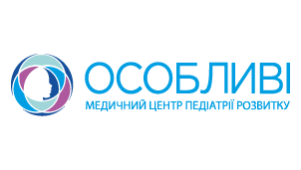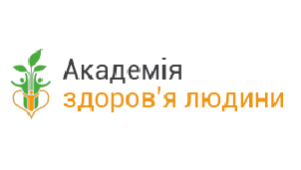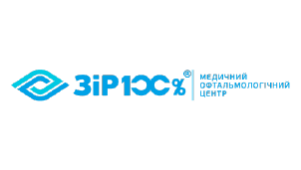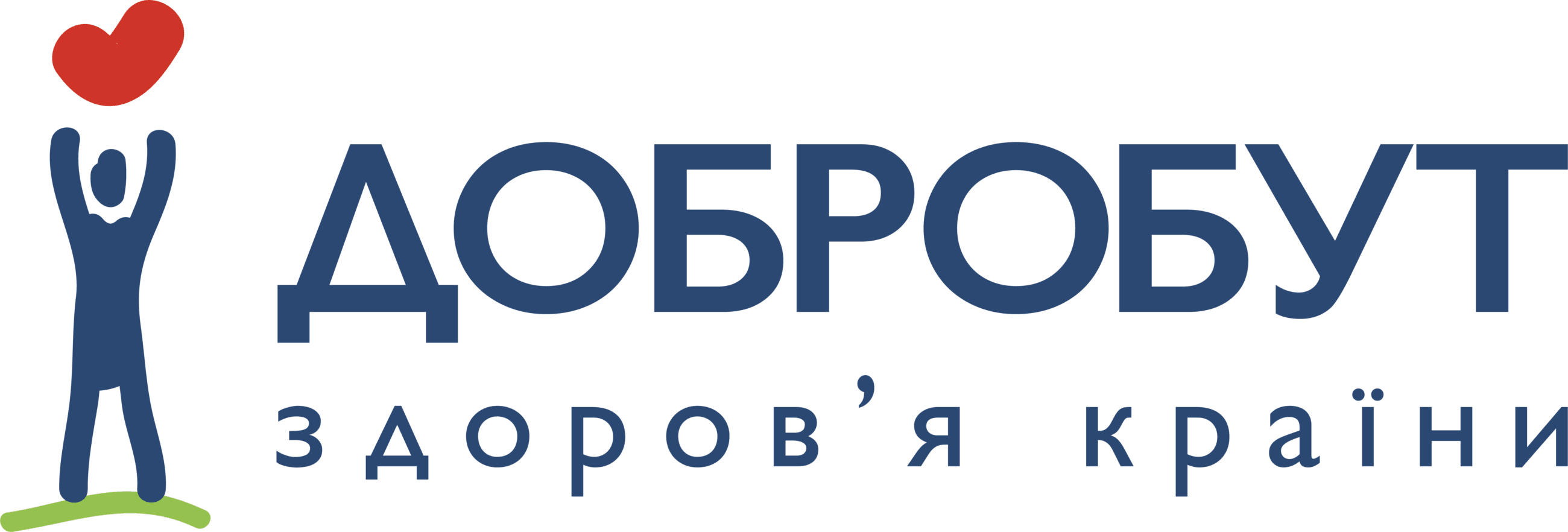ПОДІЇ | Всі Події
MORE OPPORTUNITIES. HOW UKRAINIAN HIGHER EDUCATION WORKS ABROAD
Kyiv Medical University, which opened its new campus in Poland in 2022, is now educating students in two countries and strengthening the position of Ukrainian medical education in the EU. Russia’s full-scale invasion of Ukraine has led to a second, larger wave of relocations of higher education institutions. While in 2014, 13 institutions moved to the government-controlled territories from the occupied ones, in 2022, 44 institutions moved, according to the data of the OsvitaAnalytics analytical centre. The challenges facing universities include not only large-scale movements of both institutions and people, but also the need to maintain the quality of education in the context of online learning. These challenges are even more acute for medical education, as this is the field with the largest number of international students in Ukraine, according to the Ukrainian State Centre for International Education. In addition, medical education is in dire need of face-to-face training to develop and consolidate the skills needed by future doctors. Oleksandr Pokanevych, President of the Kyiv Medical University, talks about how to overcome these challenges.
This private institution has set a precedent in Ukrainian higher education by organising a partial relocation from Kyiv by establishing another centre, or campus, abroad – namely, in Poland. Dr. Pokanevych and his colleagues are currently preparing for the new academic year in two countries and are conducting an admission campaign, giving students the opportunity to study in Ukraine and Poland. The university implements a student-centred approach, according to which young people and their interests are at the centre of the educational process. Therefore, this university teaches in both Ukrainian and English for international students from more than 60 countries, who currently account for 35% of the total number of students at the university.
The training is organised even for small groups of 2-3 people, without increasing the amount of the contract. In addition, since the beginning of the full-scale invasion, the university has been implementing the humanitarian mission “UKRAINIAN MEDICAL EDUCATION UNDER FIRE: HEALTHCARE IN DANGER” and has received funding from the European Bank for Reconstruction and Development, as well as other international and local organisations. Thanks to this, KMU students have the opportunity to communicate with their peers from around the world, maintain mental health, and learn from leaders in their fields, both from Ukraine, Poland, the EU and the USA. FOR TWO COUNTRIESHow do the KMU Polish Campus and Main Campus in Ukraine of Kyiv Medical University work? The first academic year at the Polish campus began on 1 October 2022, because it starts in October in the Polish education system. Even then, we offered both Ukrainian and foreign students the opportunity to start or continue their studies at the Polish campus. We organised a White Coat Ceremony, a ceremony of initiation into students with white coats, invited our partners and prominent Ukrainian doctors to give motivational speeches. We believe that such festive attributes of student life should exist no matter what.
The new academic year 2023/24 has already started, so the admission campaign was conducted both in Poland and Ukraine for applicants from different regions of Ukraine and international students. Our task is not only to retain Ukrainian students, but also international ones and expand the representation of Ukrainian medical education in two European countries.
Our main campus in Kyiv is constantly in operation, and we have divided the flow of students into groups so that they have access to the bomb shelters. We have a building for 700 people and a bomb shelter for 150 people. Therefore, the university provides a mixed form of education. Of course, I am grateful to our defenders every day for the opportunity to study even in wartime. Like most Ukrainian universities, we started offline education on 1 September, following the recommendations of the Ministry of Education and Science and taking into account the security situation. Some of our lecturers do not live in Ukraine and cannot provide face-to-face training, but we are thinking about different forms of their involvement in the educational process both in Kyiv and in Poland.
How do you organize the staffing of teachers for the two campuses of the university? We have scaled up the university and created two teams, because now we need a lot of specialists to implement the student-centred approach. We managed to increase the number of our employees, and today the university does not have an acute staffing problem. We have finished work on the formation of the staff for the 2023-2024 academic year. Currently, about 700 students are getting trained in various formats at KMU Polish Campus, and next year we expect 1,500-2,000 students and around 200-230 jobs to be created for talented Ukrainian scientists, doctors and educators. These are professional teachers who come from all over the world, where they have been forced to move due to the Russian aggression and now to be settled down in the Katowice agglomeration, where the campus is located, and where they are planning their lives and work with KMU. We were able to attract first-class specialists (doctors and PhDs with a high level of English) from all over Ukraine who had already been abroad and could not work as doctors within various countries of the world, mainly because of not possessing the license for medical practice. When they come to our Polish campus, they thank us for bringing them back to a full life and for the opportunity to do what they love. When and under what circumstances did you decide to relocate the university? Our teaching and student community comes first for us; this priority includes their safety and the quality of education. We understood that globalisation and access to new markets would help us to keep the university alive during the war. Therefore, from the first weeks of the full-scale invasion, we have been working on solutions for the future. At first, we wrote a huge number of letters to various organisations, from the European Commission to the WHO, to senators and donors. We understood the need for students to have access to hospitals, so we signed agreements with Polish hospitals in the spring of 2022. The university determined which categories of students could go and offered them the opportunity to do summer internships in Polish hospitals, found accommodations and with the help of Polish hospitals invited students to take part in the desperately needed clinical practice.
Why did you choose Poland? We considered different countries – Romania, Bulgaria and the UAE. But we chose Poland because this country is the most understandable and close to us, and since 2014, the university has been cooperating with hospitals and educational institutions in the Silesian Voivodeship. Therefore, we came to Poland with a part of our team, received all the permits and now we can provide the higher education services available at our university, except for the postgraduate level of education. Our entire community has the opportunity to continue their studies in a safe environment in an offline format. We guarantee this. Our teachers work in their speciality, receive a decent salary, and have prospects for the future.
What are the academic advantages of working in two countries? A huge advantage of the campus in Poland is the increase in academic mobility for students and teachers. After all, we offer a unique opportunity to work and study in two countries within the framework of our university. For example, a dentist can work in Kyiv, come to Poland for a month and teach students. Academic mobility allows us to exchange experience with foreign colleagues. We are approached by foreign experts who offer joint projects, so now Ukrainian scientists, educators, and doctors have many opportunities abroad, and our university has become a kind of hub that encourages such exchange. While in Poland, we are creating new educational programmes that are currently in social demand in Ukraine, such as Clinical Psychology, Physical Rehabilitation, and Nursing, not to mention dozens of other short-term programmes that allow our Ukrainian healthcare professionals to quickly retrain or upgrade their skills in accordance with international standards.
MEDICAL EDUCATION IN THE REALITIES OF THE WAR How and where did you meet Russia’s full-scale invasion of Ukraine? On 20 February 2022, we flew to Dubai with a part of the university team to take part in the educational exhibition. We had been preparing for it for six months, and we were the only Ukrainian university there, so we represented not only our medical education, but the country as a whole. On 24 February, the exhibition started, and everything changed in our lives. In Dubai, representatives of universities from other countries were very supportive of us, and together with them we organised an action to support Ukraine.
Do you see representatives of Russian medical education at international events? How do they react? Unfortunately, the tentacles of Russia are everywhere, they delay a lot of decisions and deceive people at all levels. We have recently joined one of the European medical associations, where a large number of countries are represented. Now this association is raising the issue of restoring the participation of Russians, so Ukrainians and the democratic world have stepped up to prevent such decisions and, as the result, russiasts are continued to be banned. What decisions have you made about the university since February 2022? Since the first weeks of the full-scale invasion, we have been thinking about how to continue the training. Since part of the team was in Ukraine and part was abroad, we held meetings every day to decide what to do. Our main advantage, which we discovered at that time, was the absence of hierarchy, so decisions were made very quickly and we worked together fruitfully to guarantee the continuity of the studies. We decided to bring everyone to online learning, having a lot of experience and modern distance learning platforms from the time of the Covid. So we managed to transfer the educational process to an online format from 1 April, which lasted until the end of the spring semester of 2022. We did not risk the lives of students and teachers. A large number of our colleagues went to other regions and abroad. Up to 30% of our students were abroad. But thanks to distance learning tools, everyone quickly found their way back and continued their studies.
What is the situation with educational losses and gaps in medical education during 20 months of operations during the war? How acute is the issue of clinical practice? Learning and teaching in time of war is not an easy task, both morally and logistically. Unfortunately, online education, especially in the medical, dental, and pharmaceutical fields in which we operate, cannot replace face-to-face training. Our students did not have the opportunity to practice the skills they desperately need. However, we have established a student-centred approach at the university, which involves students working on missed classes and the skills they need. This process is ongoing now – there are no summer holidays, both students and teachers are working to develop the necessary modern competencies. In the summer of 2022, when the security situation allowed, we set up a training system in our Centre for Simulation Training and Assessment. A large number of skills can be practised on mannequins, so students have the opportunity to catch up on missed classes and hours. Exams also have a practical component, and it shows that the difference between online and offline learning is significant. That’s why we try to provide the opportunity to study in person.
Tell us more about the humanitarian mission “UKRAINIAN MEDICAL EDUCATION UNDER THE FIRE: HEALTHCARE IN DANGER”. What is its essence besides the relocation of the university? From the first weeks of the full-scale invasion, we launched a fundraising campaign to raise funds for our students’ education. We also provide our teachers with the opportunity to do their usual work and receive decent remuneration for their work. We are working to ensure that we do not lose our medical heritage, as Kyiv Medical University has a 30-year history. We expand opportunities for all participants of the educational process, giving students and teachers the right to choose. By providing the opportunity to study and work in two countries, we make our community more flexible and adaptive. The war has revealed unexpected reserves of resilience in Ukrainian organisations. However, victory and the restoration of the country will not bring us back to the “bright past”. We have to get used to the unpredictability of the world, where almost no one can boast of “confidence in the future”, and become persistent, flexible and adaptive. Another goal of the humanitarian mission is to represent Ukrainian education, medicine and culture at the global level. We are often invited to conferences and roundtables where we share our experience in establishing cooperation with foreign partners and creating training programmes. Ukraine has a huge scientific and intellectual potential, which we are trying to integrate into European space.
07.11.2023
|
ОСОБЛИВЕ
ПОДІЇ | Всі Події
НОВИНИ КАФЕДР | Всі новини
On February 12, 2026, the Winter Graduation Ceremony of the Faculties of Medicine and Dentistry of Kyiv Medical University took place at the KMU Polish Campus
This special day marked an important milestone for our graduates from Nigeria, Zambia, Ghana, and...
13 Лютого 2026
12 лютого 2026 року в KMU Polish Campus відбулася зимова випускна церемонія факультетів медицини та стоматології КИЇВСЬКОГО МЕДИЧНОГО УНІВЕРСИТЕТУ
Цей день став важливою подією для наших випускників із Нігерії, Замбії, Гани та Пакистану, які ус...
13 Лютого 2026
Київський медичний університет відвідав Київський пансіонат ветеранів праці з благодійною місією
Київський медичний університет за участю студентів стоматологічного факультету та Студентської ра...
13 Лютого 2026
Міні-конференція з дентальної імплантології та кісткової регенерації: професійний діалог між освітою та клінічною практикою
2 лютого 2026 року на базі Польського кампусу Київського медичного університету в м. Катовіце від...
12 Лютого 2026
5 лютого 2026 року міжнародні студенти медичного факультету, VI року навчання, успішно склали OSCE — Об’єктивний структурований клінічний іспит.
OSCE є міжнародним стандартизованим іспитом та невід’ємним етапом підготовки лікаря, що комплексн...
11 Лютого 2026
|


